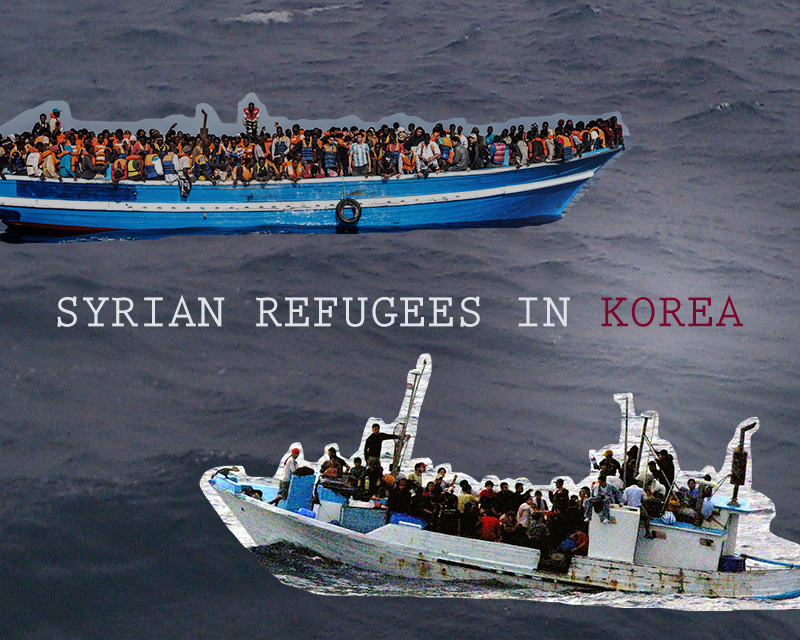During the time of the Korean War, thousands of refugees fled overseas to countries in the Middle East that opened their borders for our misfortunate citizens. Half a century later, tables have flipped and Syria, with their continued internal turmoil, has become a country in need of urgent help—but how much are we doing as an act of repayment? Humans have an interesting tendency to go against their morals when something starts to affect them inconveniently; also known as the Not In My Backyard (NIMBY) syndrome, the idea states that people care only until they are actually involved in the problem too. We all say it is an unfortunate tragedy that Syrian refugees are running for their lives but are largely unwilling to fully open doors when refugees come to our own shores, resulting in indifference.
The prolonged issues of Syria’s war and refugee crisis are both well known and frequently discussed internationally. European nations have always faced the problem of accepting the thousands of refugees who encounter life-threatening obstacles to escape—but who knew refugees from the Middle East would be seeking help in nations as far as ours? A recent wave of Syrian refugees in Incheon International Airport reemphasized how dire situations in Syria are becoming for refugees to escape to nations halfway across the world. South Korea has always had programs to help refugees from the North assimilate into society, but refugees from Syria are completely uncharted territory.
The irony lies on the hypocritical actions of individuals. Generally, society tends to be compassionate and benevolent towards humanitarian crises, but only until the conflict actually turns out to affect them as well. Heartbreaking pictures of Syrian children losing their families go viral on social media and fundraising charities are fairly successful in the bustling cities of Seoul. However, when Syrian refugees are actually at their doorsteps and seek help, many people around the world turn their backs against them—and especially Koreans. According to the Pew Research Center, 47 percent of Koreans are worried about the potential threats to national security. At this point, refugees are vilified as mere encumbrances, and their sufferings are minimized in the face of inaction of citizens.
Surely, the scale of the conflict in Korea is much smaller than that in European nations that border the Middle East. The severity of the issue is not to an extent where thousands of rafts are pulling onto our shores and the government is running out of space for refugee camps, as nations closer to Syria such as Turkey and Lebanon are seeing. The fact that Korea has a bit more flexibility with the crisis should be more the reason why we should do more for the refugees.
When hundreds of Syrian refugees ended up in our airport in early July, the government gave minimal aid and was incapable of devising efficient solutions to the limbo. Constructing a shoddy camp in the airport and providing cheap hamburger meals that refugees could not even consume due to their strict religion are clearly insufficient actions to alleviate the dire situation at hand. According to the New York Times, the immigration office and embassy “cold-shouldered requests for visas and offered no legal status for the struggling immigrants, arguing that fleeing war is not sufficient grounds for asylum”. In fact, over the past few years, the South Korean government has only legally accepted three Syrian refugees out of the 713 that applied.
Ultimately a government works for its citizens, and if the people are against policies to aid crises like these, then there is not much that the government can do. The only way to put an end to such atrocities is to offer a helping hand as an entire society and start making more realistic decisions to support those in a stateless and desperate situation. After all, putting ourselves into the shoes of Syrian refugees should not be much different than empathizing with our own grandparents that experienced the Korean War. The Syrian War is a humanitarian crisis that is taking the lives of a plethora of innocent civilians that is, quite frankly, something that could be happening to any of us.

